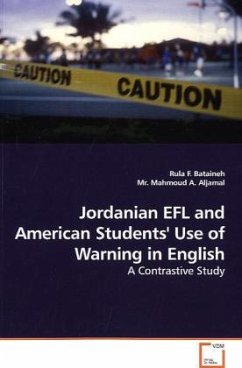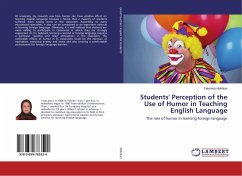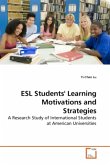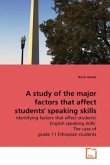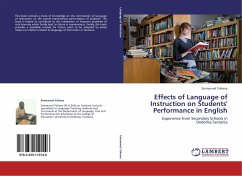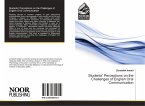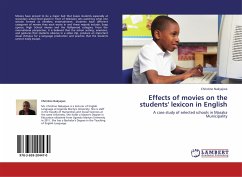This study aims at investigating differences in the use of the speech act of warning in English between Jordanian EFL and American undergraduate students. The researchers used a 20-item questionnaire in which each item portrays a situation which warrants a warning, and analyzed the students' answers to determine the warning strategies used, which group uses warning more, and the linguistic forms used in the speech act of warning. The findings have revealed that the two groups used 21 simple strategies to express warning, of which 13 are used by both groups, 2 by Americans, and 6 by Jordanians. The two groups have also used 21 combinations of simple strategies of which 7 are used by the two groups, 7 by Americans, and 7 by Jordanians. The students have expressed warning in different linguistic forms of which imperatives were the most used. The differences in the use of warning have been attributed to the cultural and ideological diversity of the two groups, while the similarities confirmed that the strategies used are universal and that Jordanian EFL learners were influenced by the American media to the extent that their attempts to respond to the given situations were native-like.
Bitte wählen Sie Ihr Anliegen aus.
Rechnungen
Retourenschein anfordern
Bestellstatus
Storno

